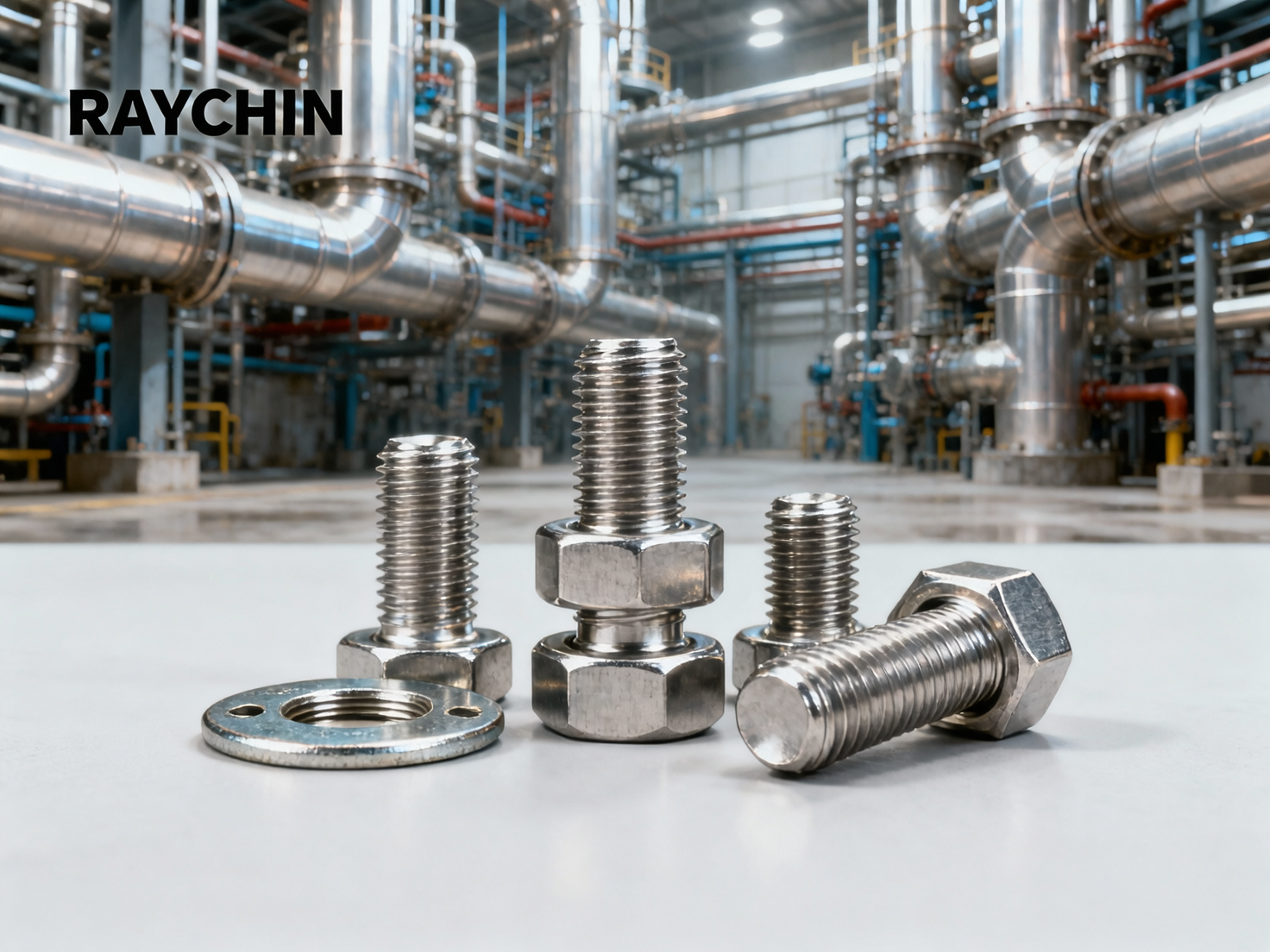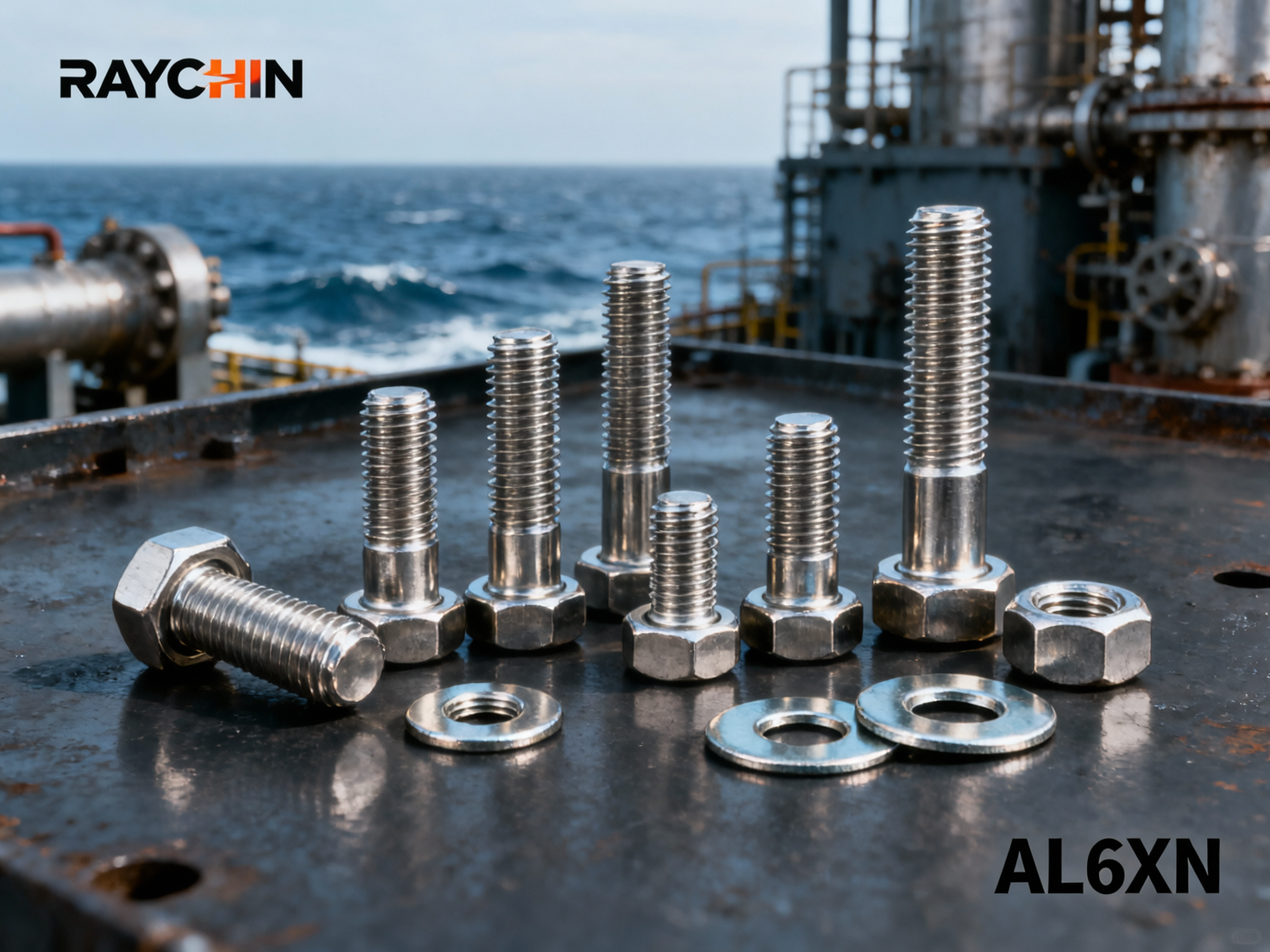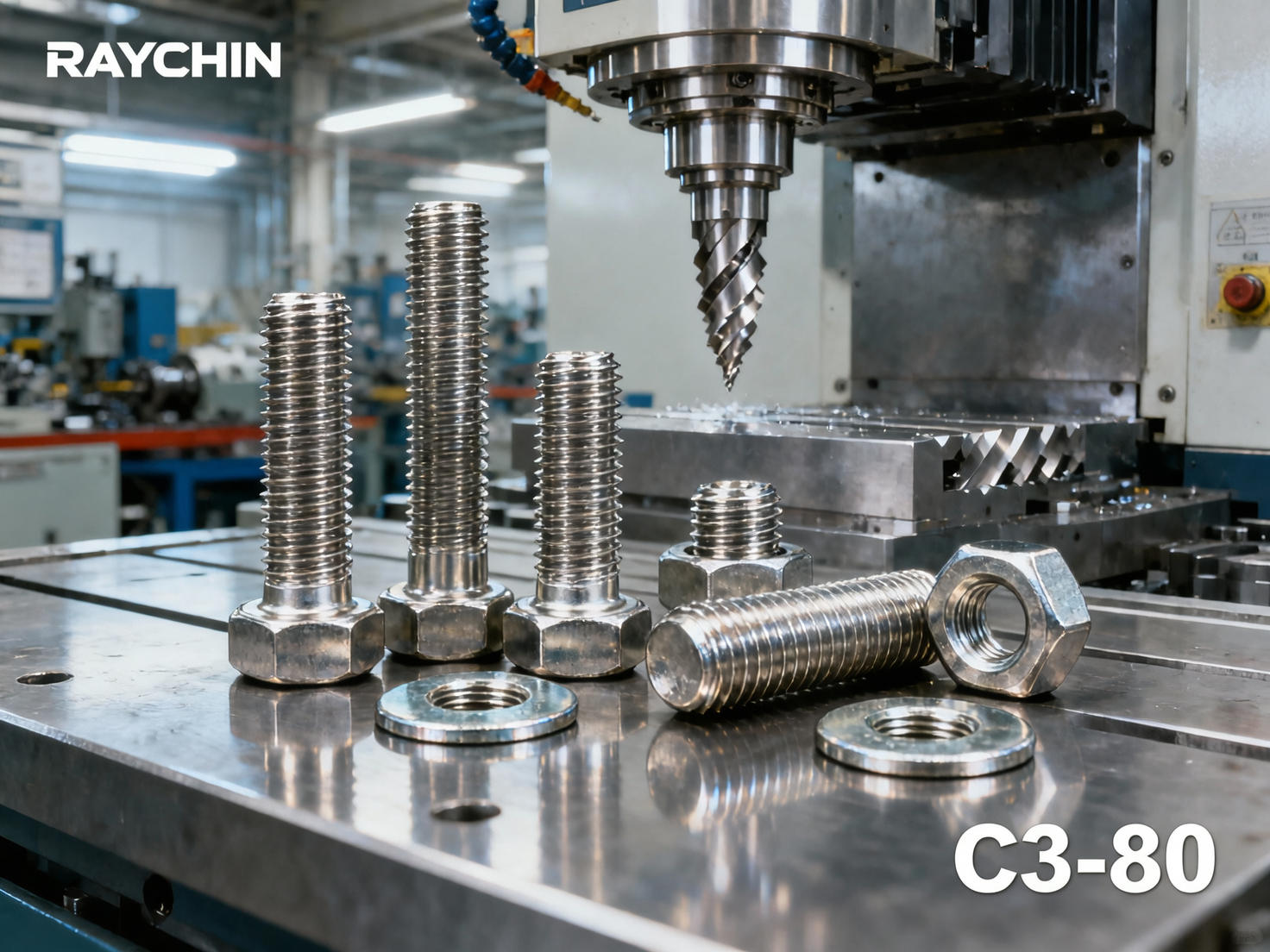Categories List
Recent Posts
![Duplex Stainless Steel Fasteners: The Guide to High-Strength Corrosion-Resistant Fastening Solutions Duplex Stainless Steel Fasteners: The Guide to High-Strength Corrosion-Resistant Fastening Solutions]() Duplex Stainless Steel Fasteners: The Guide to High-Strength Corrosion-Resistant Fastening Solutions
Duplex Stainless Steel Fasteners: The Guide to High-Strength Corrosion-Resistant Fastening Solutions![AL6XN Fasteners: The Guide to Super-Austenitic Stainless Steel Solutions for Severe Chloride Environments AL6XN Fasteners: The Guide to Super-Austenitic Stainless Steel Solutions for Severe Chloride Environments]() AL6XN Fasteners: The Guide to Super-Austenitic Stainless Steel Solutions for Severe Chloride Environments
AL6XN Fasteners: The Guide to Super-Austenitic Stainless Steel Solutions for Severe Chloride Environments![C3-80 Fasteners: The Complete Guide to Martensitic Stainless Steel Solutions for General Corrosion Resistance C3-80 Fasteners: The Complete Guide to Martensitic Stainless Steel Solutions for General Corrosion Resistance]() C3-80 Fasteners: The Complete Guide to Martensitic Stainless Steel Solutions for General Corrosion Resistance
C3-80 Fasteners: The Complete Guide to Martensitic Stainless Steel Solutions for General Corrosion Resistance
Inconel Washers: The Secret to Long-Lasting Fastenings
When assembling critical equipment for aerospace, chemical processing, or marine applications, engineers prioritize fastener integrity. While Inconel bolts and Inconel nuts are widely recognized for their corrosion resistance, the unsung hero of any robust fastening system is often the Inconel washer. These precision components distribute load, prevent galvanic corrosion, and maintain tension under extreme conditions—extending the service life of entire assemblies.
1. Why Standard Washers Fail in Demanding Environments
Traditional carbon steel or stainless steel washers face three key limitations:
1.1 Creep Under High Temperatures
At temperatures exceeding 500°F (260°C), most metals begin to deform under constant load—a phenomenon called "creep." In gas turbine engines or exhaust systems where temperatures reach 1800°F (982°C), standard washers lose clamping force, leading to joint loosening. Inconel fasteners paired with matching washers maintain dimensional stability up to 2000°F (1093°C).
1.2 Galvanic Corrosion
When dissimilar metals contact in corrosive environments (e.g., offshore platforms), electrochemical reactions accelerate wear. An Inconel stud bolt with a stainless steel washer creates a galvanic cell. Using an Inconel washer eliminates this mismatch, as the nickel-chromium alloy forms a passive oxide layer that resists pitting and crevice corrosion.
2. Engineering Advantages of Inconel Washers
2.1 Optimized Load Distribution
The work-hardening characteristics of Inconel alloys allow washers to conform to surface irregularities without cracking. This ensures even pressure distribution across Inconel fasteners, reducing stress concentrations that cause fatigue failures.
2.2 Thermal Expansion Compatibility
Inconel 718 washers expand at nearly identical rates to Inconel bolts during temperature fluctuations (coefficient of thermal expansion: 7.2 µin/in-°F). This synchronous movement prevents thermal cycling from loosening critical joints in jet engines or nuclear reactors.
3. Selecting the Right Washer for Your Application
Not all Inconel washers are equal. Consider these factors:
3.1 Alloy Grades
- Inconel 600: Best for chemical processing with exceptional chloride resistance
- Inconel 625: Ideal for seawater applications with added molybdenum content
- Inconel 718: Preferred for high-temperature aerospace fastening systems
3.2 Washer Types
Flat washers suffice for most Inconel nuts, while conical spring washers are better for vibration-prone environments. For Inconel stud bolts in pressure vessels, consider spherical washers to compensate for flange misalignment.
4. Cost-Benefit Analysis: Are Inconel Washers Worth It?
While Inconel washers cost 3-5x more than stainless steel counterparts, they deliver measurable ROI:
- Extend maintenance intervals by 400% in sulfuric acid service
- Reduce unplanned downtime in power generation turbines
- Eliminate replacement costs from galvanic corrosion failures
For mission-critical applications, specifying a complete Inconel fasteners system—including properly matched washers—is an investment in long-term reliability.
Request A Quote! We'll respond as soon as possible(within 12 hours)
Get a Quote



